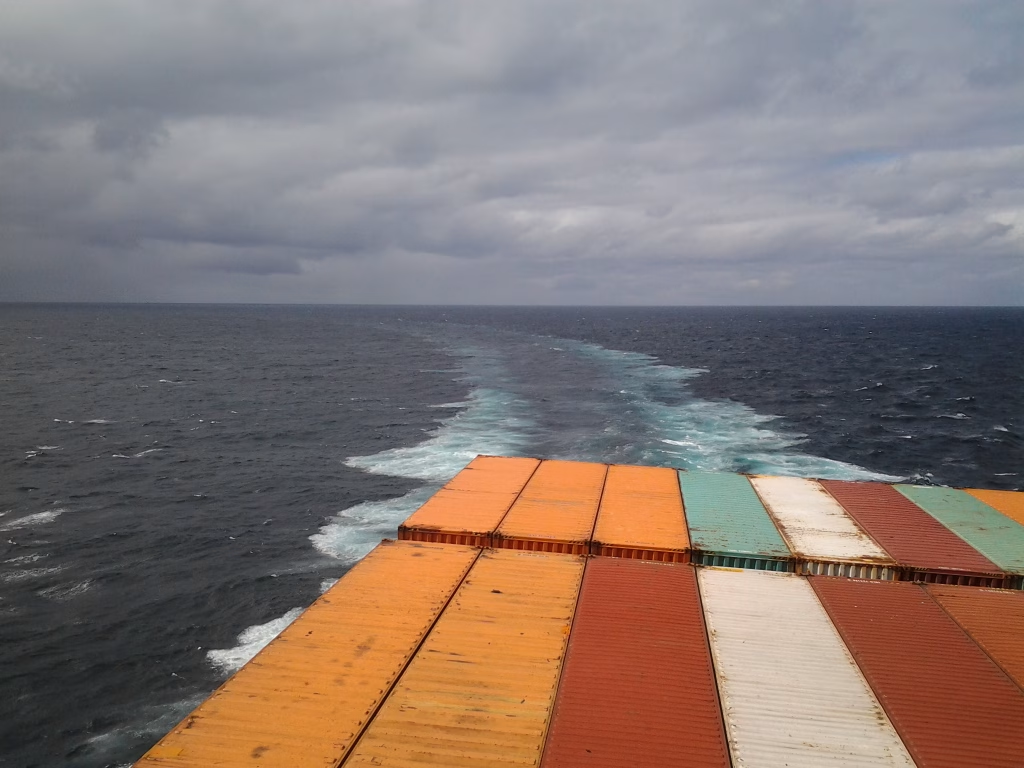Switzerland is an important hub for international trade and by this a focus point of related emissions
Commodities such as metals, crude oil and products such as diesel or staple foods (e.g. coffee, wheat, etc.) are often traded by Swiss companies, without being physically transported to Switzerland. Like this, they are excluded from foreign trade statistics or input-output analyses. Associated environmental impacts have not been evaluated in former studies. A pilot-study closes this gap. It answers key questions for 16 selected commodities:
- What quantities are traded by Swiss companies?
- What are the environmental impacts caused by the extraction, production and transport of these commodities?
- Which countries of origin are relevant for the global production of these commodities?
Methodology
Information about the traded quantities was gathered from literature, statistics, online company reports and interviews with experts and documented in the study. Environmental impacts are analysed through a set of seven “footprint indicators”.

Results
Depending on the commodity, between 20 to 65% of global trade is traded by Swiss companies. Extraction, production and transport to market cause, per year, more than 4 quadrillion (4e15) ecological scarcity points. Commodities from the energy sector, such as crude oil), have the highest relevance regarding mass traded, eco-points and kg CO2-eq. Most relevant are production in the USA, Russia, Australia, Saudi Arabia, Brazil, Indonesia and China.
Interpretation
Environmental impacts caused by the production of commodities traded by Swiss companies are substantially higher than the direct environmental impacts of Swiss production and consumption. In any commercial transaction, in addition to the goods, the associated environmental impact changes hands from the seller to the buyer. Therefore, the trading sector has a direct connection to monitoring and maybe influencing large environmental impacts. If there were better steering measures for such trades, environmental impacts might be reduced. A first measure to get there would be to increase transparency on origin, production method and related environmental impacts for commodities traded globally.
References
Press statement by ESU-services dated 14.9.2018.
Jungbluth N. and Meili C. (2018) Pilot-study for the analysis of the environmental impacts of commodities traded in Switzerland. ESU-services Ltd. financed by Swiss Federal Office for the Environment – FOEN, Schaffhausen, Switzerland. (Data Annexe)
Niels Jungbluth, Christoph Meili (2018) Pilot-study for the analysis of the environmental impacts of commodities traded in Switzerland. SETAC Europe 24th LCA Symposium in Vienna, Asssessment of trade, sectors and consumption, Tuesday September 25th, 2018